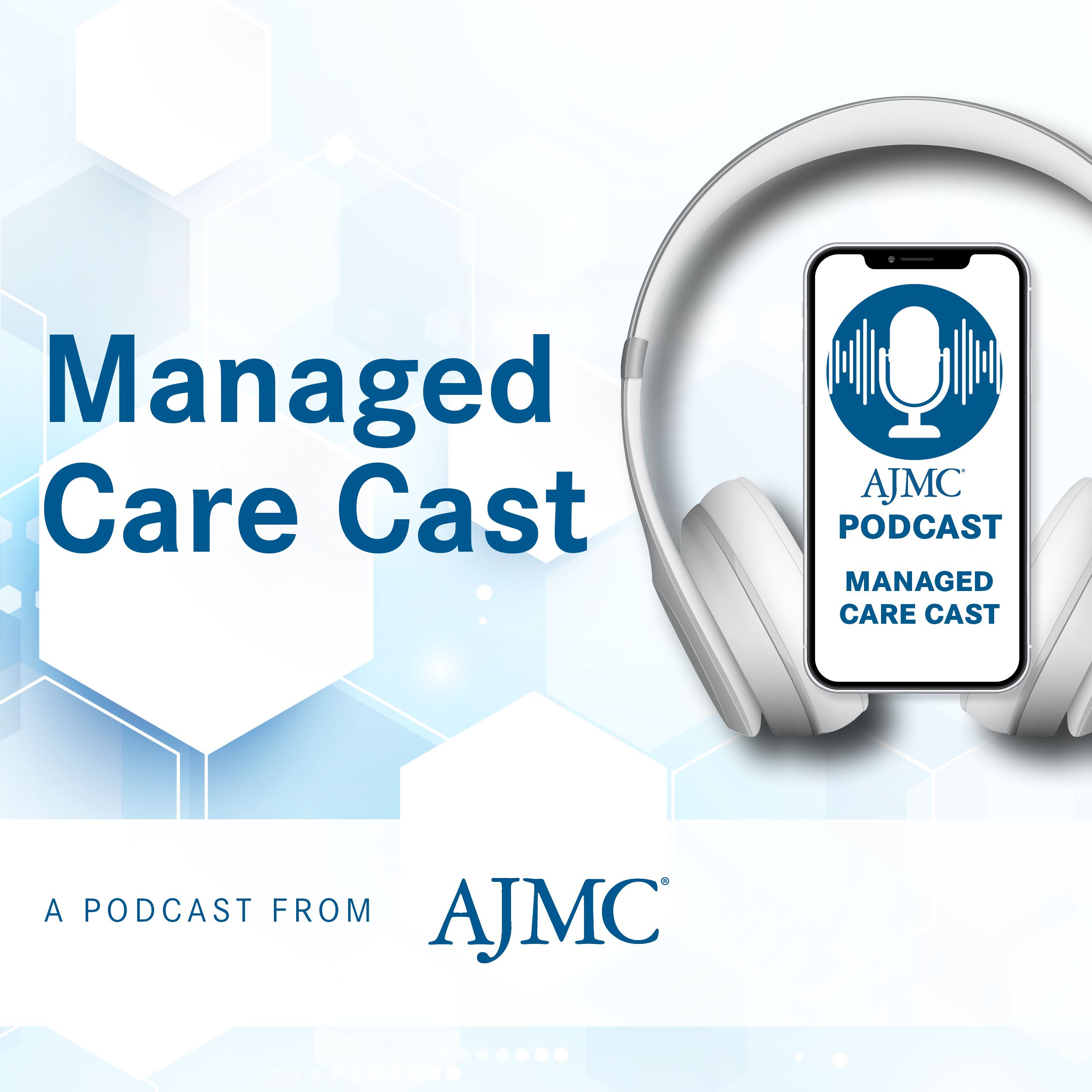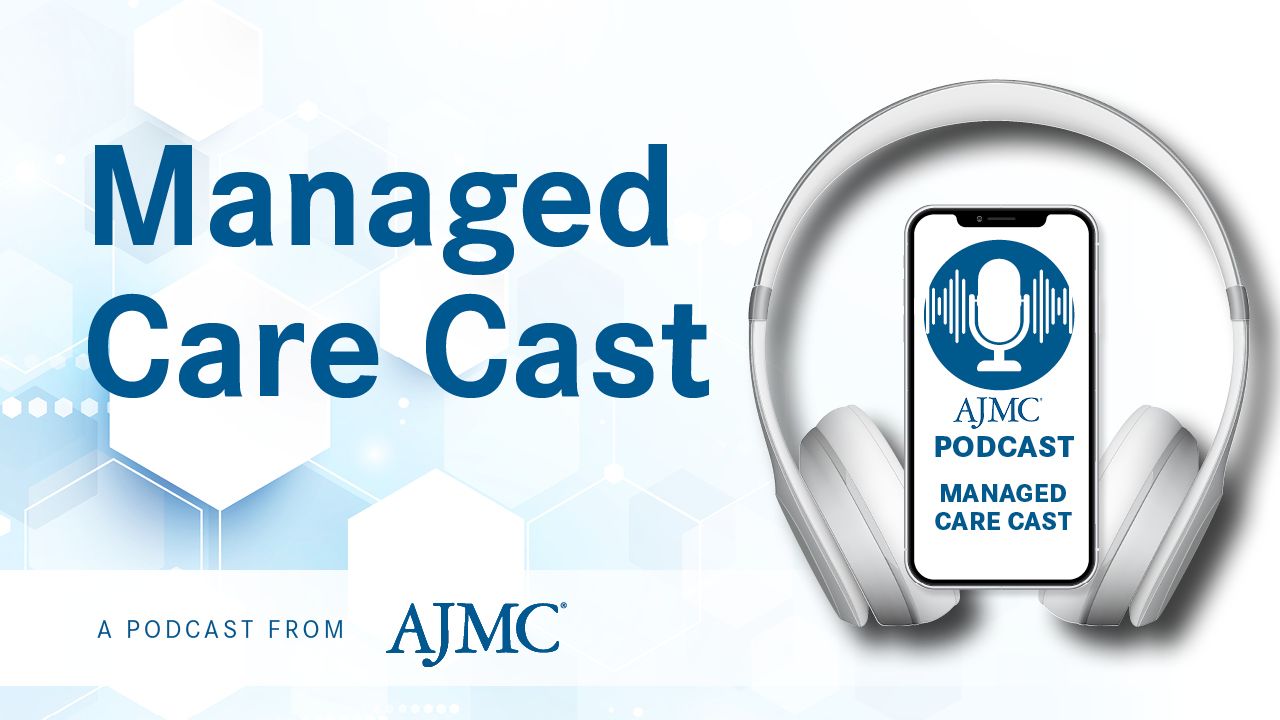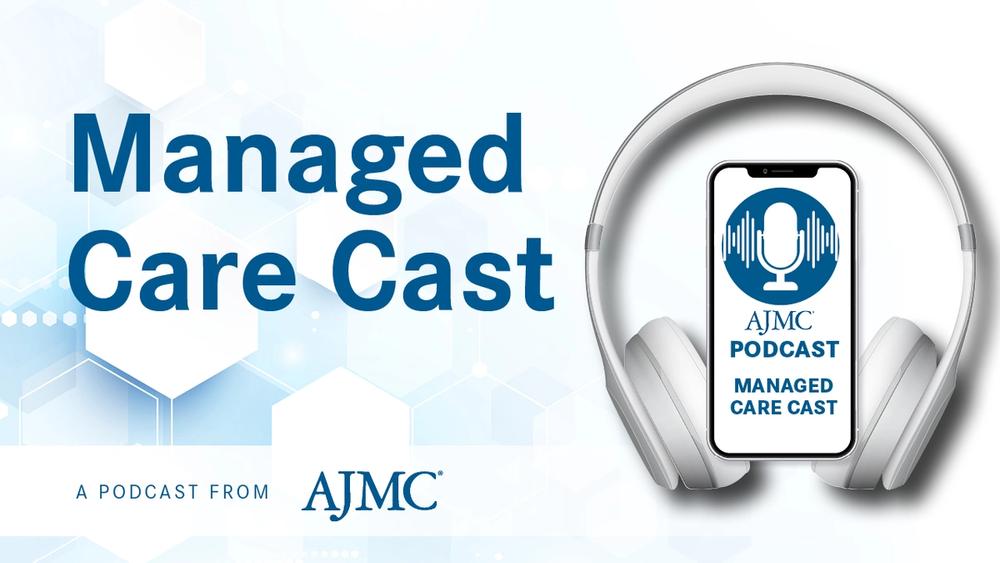Video
Dr Debra Patt Underscores Permanent Changes Even as the OCM Ends
Author(s):
Although the Oncology Care Model (OCM) is ending June 30, 2022, it does not mean practices can turn back the clock and revert to how they provided care prior to the OCM, explained Debra Patt, MD, PhD, MBA, executive vice president of Texas Oncology.
Just because the Oncology Care Model (OCM) is ending June 30, 2022, it does not mean practices can turn back the clock and revert to how they provided care prior to the OCM, explained Debra Patt, MD, PhD, MBA, executive vice president of Texas Oncology.
On June 27, the Biden administration announced the new model that will replace OCM. The Enhancing Oncology Model will begin in July 2023.
Transcript
What do you expect practices will have to change with the OCM ending and a gap before the next model starts?
It is a challenge that OCM is scheduled to end here in June of 2022. We do anticipate that CMMI [Center for Medicare and Medicaid Innovation] will come out with either an OCM extension or a new model, the Oncology Care First model. I will say that the paradigm of cancer care has changed. We have made—and by we, I say Texas Oncology, have made—tens of millions of dollars of investments in infrastructure resources to deliver better cancer care.
Now, the findings of the specifics of OCM and the infrastructure investments that we’ve had is just how we deliver care today. And so, it’s almost impossible for me to think about divesting resources or changing the expectations of the level of care.
When we implemented OCM for our patient population, it wasn’t just for OCM patients. We made these changes for all of the patients at Texas Oncology. So, it’s hard to see going back. I do hope that CMMI comes to us with new innovative models that build upon what we’ve learned from OCM, because I think it’s better care for patients.





